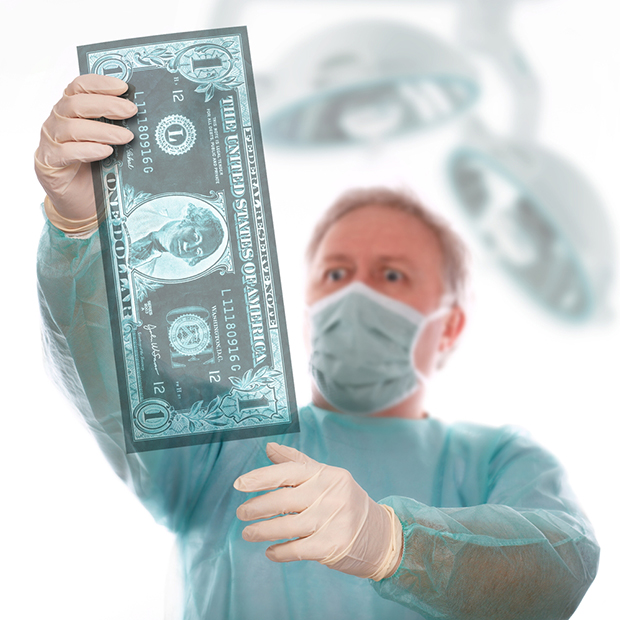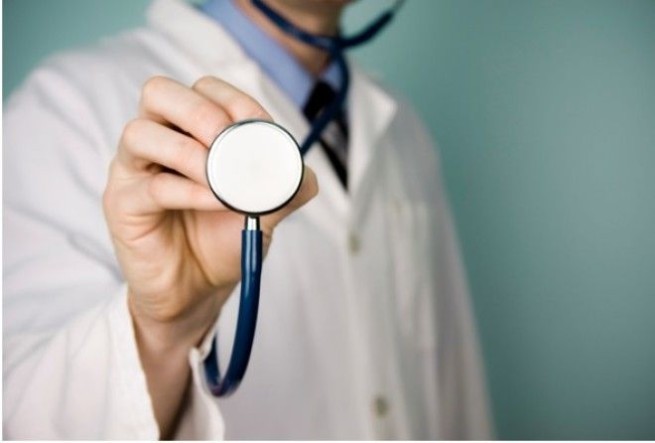Three crises that began in 2009 and continue to this day have left Greeks with triple household poverty, catastrophic spending and unmet health needs: an economic crisis, a health crisis caused by the pandemic, and an energy crisis.
In fact, our country has the greatest “economic inequality” with 17% of low-income citizens unable to meet their health care needs. Despite sufficient patient access to health services and especially medicines, patients sometimes have to “put their hand deep in their pocket” to get required treatment or conduct expensive diagnostics because of reduction of government funding for the system.
The gap between our country and other European countries in terms of public funding reaches three percentage points of GDP, since we allocate 6% to health care, while other countries allocate 8% and have recently begun to further strengthen their funding.
Expenditures on pharmaceuticals in our country reach 2.5% of GDP compared to 1-1.5% in other countries. Barriers to receiving medical care, mainly financial, lead to health inequalities in Greece. As a result Greeks pay three times more private costs compared to other Europeans, directly from out of your own pocket rather than through private insurance, which is only 12-13% of costs.
The Greeks paid direct payments worth 5.5 billion euros themselves, while EOPYY received 5.3 billion euros from the state budget for medical services.

These figures, obtained from a study of 52,000 households and 126,000 individuals, were reported by health economics professor and EKPA MBA director Yiannis Ifanthopoulos, speaking at a two-day conference of the Hellenic Patients Association. The professor noted that over the 20 years 2000-2020, household expenses decreased by 32% due to the financial crisis, and their medical expenses increased by 38% along with the overall increase in health care costs. This fact initially affected 8% of households, and then the figure tripled to 24%. Respectively unmet health needs among people over 50 years of age from 9.8% in 2004 also tripled to 27.8%.
Overall, unmet medical needs tripled by 2016, reaching 16-17%, and have now dropped to 6.7% when EU they limited themselves to 1% and still remain at the same level.
Speaking about “inequality of access to health services”, Mr Ifanthopoulos said Greece is a leader as rich Greeks have a 0.7% need for health services compared to 1.2% for rich Europeans, while Poor Greeks have the highest unmet need at 17%.
In conclusion, the professor emphasized that due to underfunding of the system pharmaceutical expenses in our country reach 2.5% of GDP compared to 1-1.5% of GDP in other countries. With 35% of private medical payments coming directly from the patients’ pockets.
During the same discussion, Deputy Secretary Greek Patients’ Union Vasso Vakuftsi emphasized that for proper care, patients are forced to pay very high costs themselves, depending on their condition, in order to cover the costs of tests and medications that are not supported by the social insurance system.
In turn, the President of the Federation of Pharmaceutical Cooperatives of Greece, Vassilis Birlirakis, spoke about the demographic problem, saying that every year a city with a population of 60,000 inhabitants is lost from our country with a prevailing ratio of mortality and birth ratesand at the same time every fourth adult suffers from one disease or another.
For medicines, the government now pays less than 50%, when before the crisis its participation was 85-90%, and patients pay 15%, whereas before the crisis they paid 9% as participation. In addition, materials and medicines are excluded from “compensation/insurance”.
In conclusion, Mr. Birlirakis noted that pharmacists can make a decisive contribution to strengthening prevention in Greece through vaccination and counseling on smoking cessation and weight control.
On the EOPYY side, administrator Teano Carpodini mentioned the organization’s control measures to ensure that there is no artificial demand for medical services and waste of resources on patient care. However, she stressed that in order to avoid “waiting lists” while patients wait to access medical services, there was a partnership with the private health sector. However, the specialist noted that it is still there is significant wastebecause the in many cases health services are used inappropriately to meet needs. The most obvious example of this situation is the off-label use of drugs, which has led to skyrocketing costs.







More Stories
What to do if attacked by a dog (video)
Greece – a paradise for gourmets
Message from AEK and PAOK fans in defense of Esphigmenou Monastery